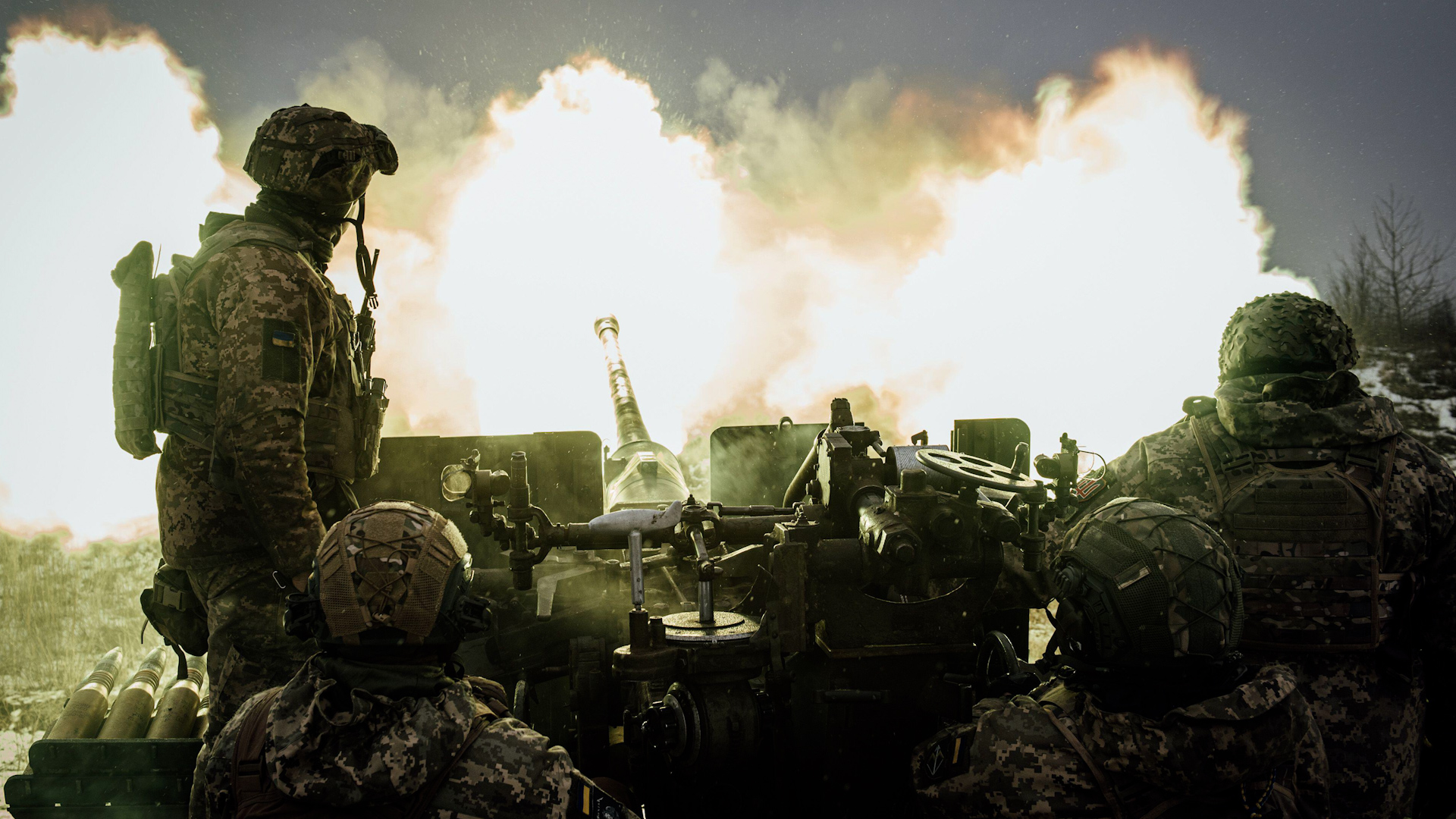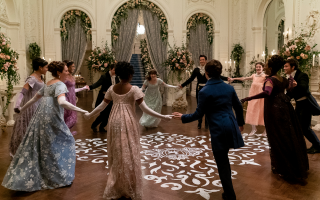Ukraine recruiting convicts – but they won't be coming to the UK for training
Russia has recruited thousands of convicts to fight in its so-called Special Military Operation, and Ukraine is now doing the same as it struggles to match Moscow's huge reserves of manpower.
The late Yevgeny Prigozhin, the founder of the mercenary Wagner Group and himself a former convict, gave prisoners a choice: join up, fight in Ukraine – and if you survive you'll be pardoned and go home.
It was actually a better deal than the regulars got – and there were plenty of takers.
Russia has 400,000 inmates – one of the highest incarceration rates in the world.
The Ukrainian authorities say Wagner recruited 38,000 convicts, many of whom found themselves in the Storm V penal units.
They were thrown into battles like Bakhmut with very little training – the meat in the so-called meat grinder – and the Ukrainians say more than 70% of them were killed.
But many did return home, with some going on to re-offend and even commit some pretty grisly murders.
Up to now, Ukraine has managed to recruit through a mix of conscription and men and women just volunteering to fight.
But with a population three-and-a-half times smaller than Russia's, Ukraine is struggling.

Manpower shortage
President Volodymyr Zelenksy has lowered the draft age from 27 to 25, and he said in December that he planned to recruit an additional half a million Ukrainians into the armed forces.
Meanwhile, Moscow claims 1,500 recruits are signing up every day.
So now it seems Kyiv is taking a page out of the Russian playbook, and turning to its prisoner population.
There are now reports that a new mobilisation bill, passed last month, means more than 3,000 prisoners have been released on parole and assigned to military units – what they are calling volunteer assault battalions.
The Ukrainian Justice Ministry says 27,000 prisoners are eligible.
Unlike in Russia, prisoners convicted of sexual offences, multiple murders or crimes against Ukraine's national security are not eligible.
And the Ukrainians say there is no "meat grinder" for these people – instead, they will be integrated into regular frontline units.
A fair exchange
So what do the Ukrainian convicts get from this?
Well apart from parole, they say it's a chance to return home a hero, not just an ex-prisoner.
And they'll be hoping the Ukrainian authorities are better at keeping their word than the Russians.
In Russia, prisoners have found they now don't get a pardon at all - and instead of going home early, they have to fight – and survive – until the end of the war.
This scheme isn't going to solve Ukraine's recruitment problem, as the Justice Ministry says it will probably amount to around only 5,000 prisoner recruits in total.
But these are still criminals.
No criminals on Interflex
So what about the Ukrainian soldiers that come here to be trained in the UK on Operation Interflex?
What safeguards will there be about the backgrounds of these soldiers?
We asked the MOD and it told us that the British Army is not responsible for security vetting.
The Ukrainian government and military look at their backgrounds before they join a course here, and training is delivered in the UK under their "trusted assurance".
However, defence sources tell me that no-one released on parole under this scheme will be coming to the UK to train.







